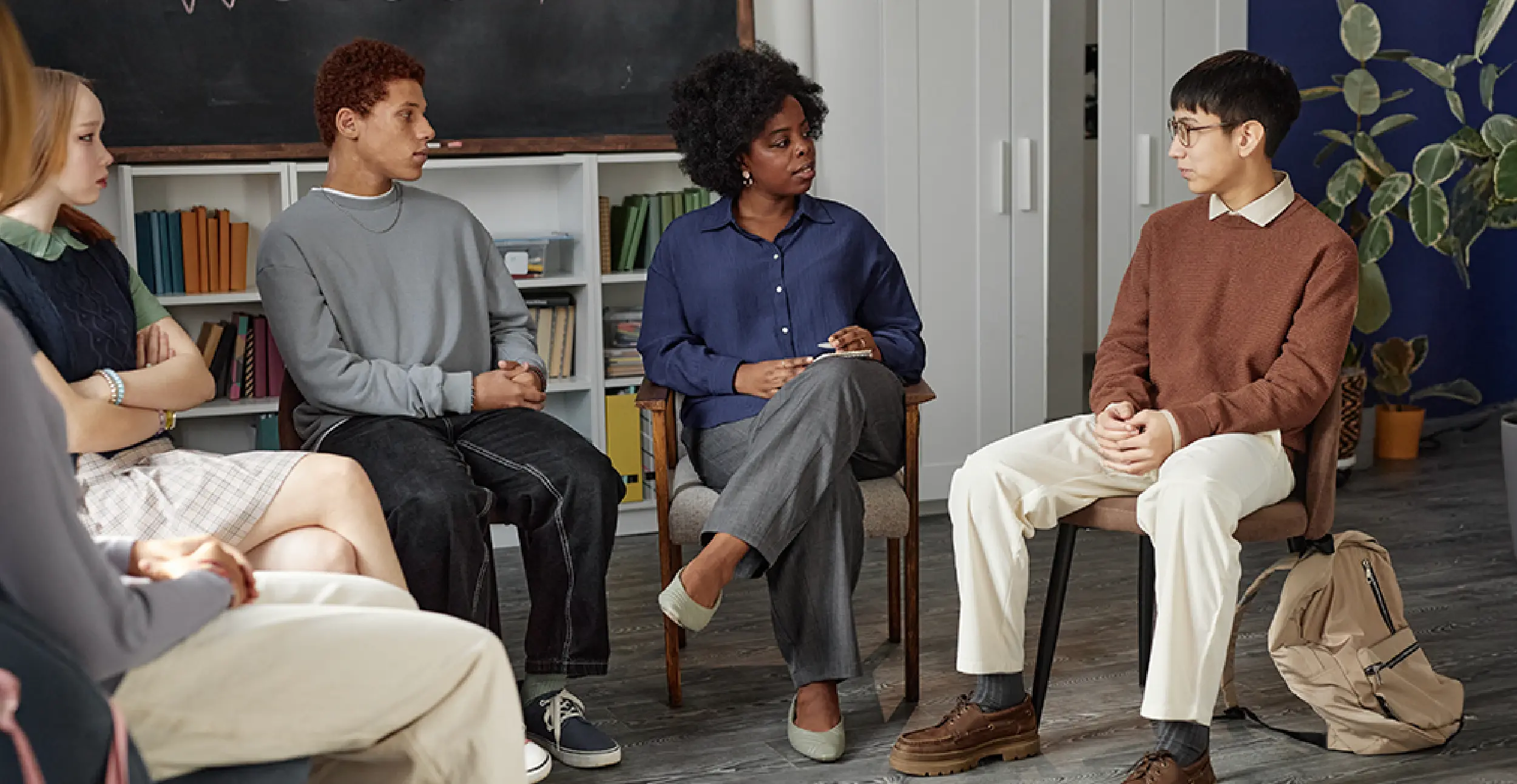Parents may desperately want to help teens who are struggling with substance abuse or mental health challenges, but they may be unsure how to do so. An intervention can help move the family closer to an answer. An intervention is a way for the parents and the teen to begin a conversation about mental health and/or addiction.

Treatment Options
What is Virtual IOP and How Does It Work for Teens?
Explore how depression and substance abuse are connected in teens—and how early support can change the panorama.




